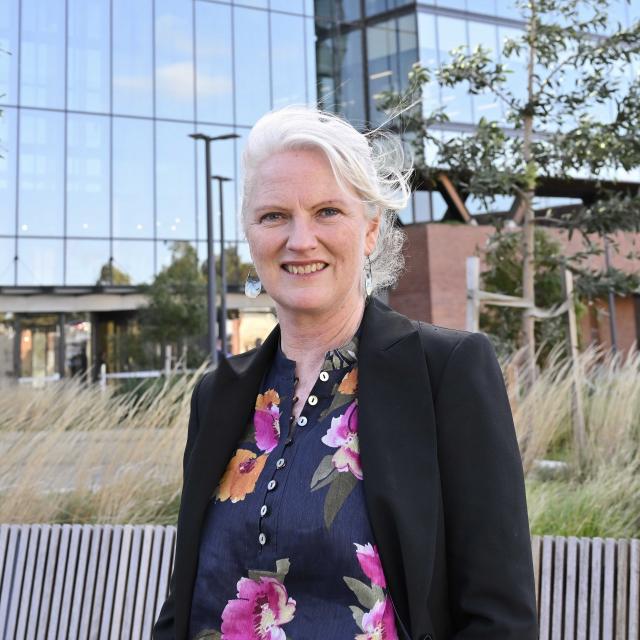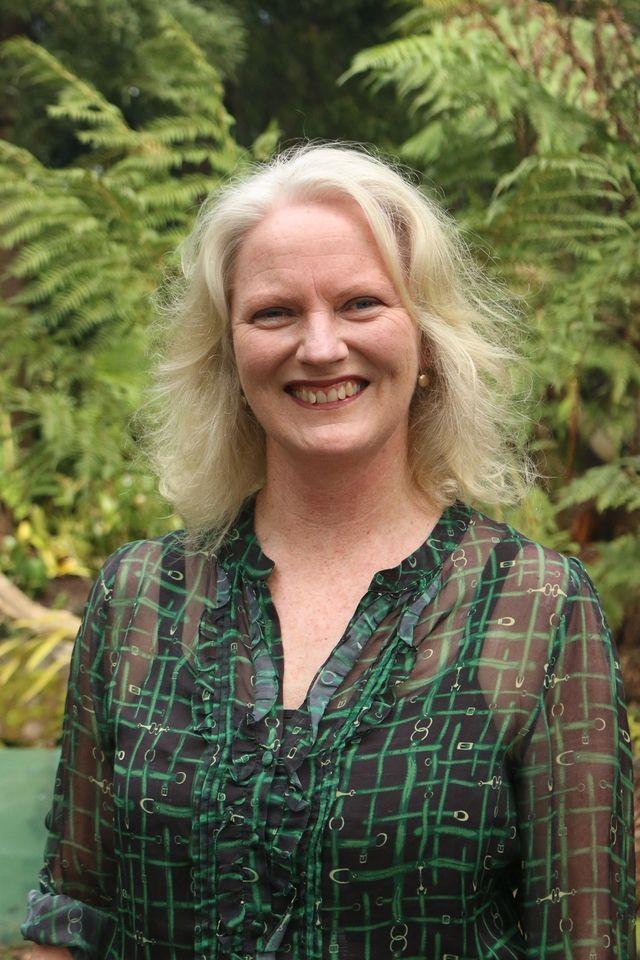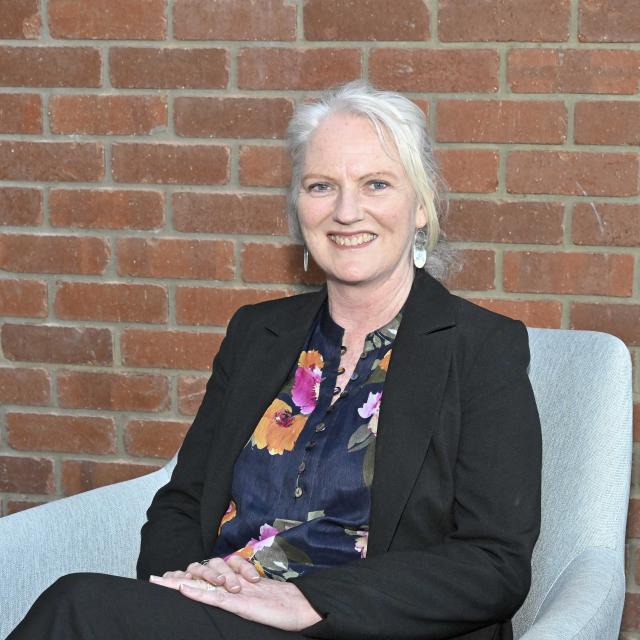Elise Wilkinson is the newest face on Geelong’s council, elected via countback after the unexpected resignation of Stephanie Asher and joining mayor Trent Sullivan and Jim Mason as a Bellarine Ward representative. Matt Hewson caught up with Councillor Wilkinson to hear her story.
From the 2017 council election until late 2022, the City of Greater Geelong had only one change in its ranks, when Put Climate First candidate Belinda Moloney ousted Pat Murnane from his position as Kardinia Ward councillor.
Since then, councillors Sarah Mansfield, Kylie Grzybek and, just a month ago, former mayor Stephanie Asher have left the council group for career or personal reasons.
Ms Asher’s resignation means Elise Wilkinson becomes the third person this term – along with fellow progressives Melissa Cadwell and Sarah Hathway – to join the council group with less than half of the current term remaining.
Cr Wilkinson, a Put Climate First endorsee herself, polled seventh in first preference votes for the Bellarine Ward in the 2020 election, but vote preferences pushed her ahead of the competition to put her on the City of Greater Geelong council.
She said as the countback approached she had not really given herself a chance of being elected to council.
“I was surprised; I knew the countback was on, that Stephanie Asher was vacating, but… I don’t think I really thought about how preferential voting really worked,” she said.
“So I went, what was I thinking about three years ago? What was my motivation? And I realised that none of those motivating factors had actually changed.
“I’m really passionate about standing up for other people and for what I believe to be right. I feel incredibly honoured to be elected and fortunate to represent the people of the Bellarine Ward.”
Born in Prahran and spending significant parts of her early childhood in Frankston and Ferntree Gully, Cr Wilkinson spent nearly all her high school years living in Singapore with her family.
After high school she returned to Australia to study at the University of Melbourne.
“I did an arts degree, to my mum’s great chagrin; she wanted me to come back and study law,” Cr Wilkinson said.
“I did politics and anthropology, which I loved. I took a year off and did some voluntary work and then thought, what do I do?
“I’m really quite passionate about community development and social justice issues and thought, okay, how do I turn that into a career? And then I went back and did social work.”
With two degrees under her belt, Cr Wilkinson decided to use neither. Instead, she joined a theatre company in Melbourne and began acting full-time.
“I had a theatre company in Melbourne, we did mainly comedy,” she said.
“We did pub theatre. We’d write scripts or adapt them; we actually adapted Shakespeare and did a few tragedies in the pub, at the Union Club Hotel in Fitzroy and the Builders Arms.
“That was with four other friends, we formed that between other shows. It was a way of keeping us working, it was really fun.”
After six years of acting in Melbourne, Cr Wilkinson and her partner decided to head off in 2001 to Western Australia in their kombi with their two dogs.
“And we thought we’d just stop in Barwon Heads for a little bit,” she said.
“But we never got to WA. We stuck around because we loved it so much.
“I had no work, so I did waitressing for a while, which was really great. I think everyone should do that at some time or another.
“But I remember at that time really reflecting on what the next step was. And that’s when I remembered I had a social work degree, and I thought, yeah, actually, that’s really important to me.”
Cr Wilkinson began working at BAYSA (then Barwon Youth, now part of Meli), initially focused on youth justice and supporting young people to get access to free legal representation.
“For most of that time, from 2001 up until about 2013, I was working with young people at risk, either within the justice system, homeless or at risk of disengaging from mainstream school,” she said.
“It’s important to me that I leave the world a better place, that I make a difference.
“I’m really passionate about enabling people to tell their story, and it might just be to me as a social worker or councillor, but that they are able to stand up and take up space.
“I think when we do that, when we’re motivated by a sense of kindness and respect, a lot of things just work. We can accomplish quite a lot.”
Feeling the need to continue telling her own stories, Cr Wilkinson joined Blink Dance Theatre Company in 2013, where she still serves as creative executive producer and a performer, while also working full-time as a lead clinician in complex care at Barwon Health.
Now living in Ocean Grove, she believes her long-term roles as social worker and performing artist inform both her priorities and strengths as a councillor.
“I’ve spent most of my career having really difficult conversations and really listening, and also managing and de-escalating situations. ” Cr Wilkinson said.
“I think that, often, some of that conflict comes from people who don’t feel like they’re being heard.
“It’s a pretty exciting time. There’s been some really great change (at council), with a new CEO and two other councillors that have also been part of the Stephen Bradbury process of coming to power.
“I’m excited about working alongside the councillors to make sometimes very challenging decisions, but working through those in the most transparent, accountable way so that the community feels heard and well represented.”
Cr Wilkinson said council had endured a challenging period recently, but she was focused on issues such as environmental protection, social justice and infrastructure.
She said she also intended to be an advocate for the arts and culture in the region.
“As a practising artist in this region, it’s a really exciting time,” Cr Wilkinson said.
“I feel like there’s been some real fostering of (the) incredible talent within this region. Geelong’s got some really amazing venues and resources.
“Everything from the community-based art practice to a bigger stage, a bigger gallery, it’s all storytelling and that’s so important.
“I think a place that really honours its ancient storytellers, its First Nations people, and its new stories is a richer place.”











